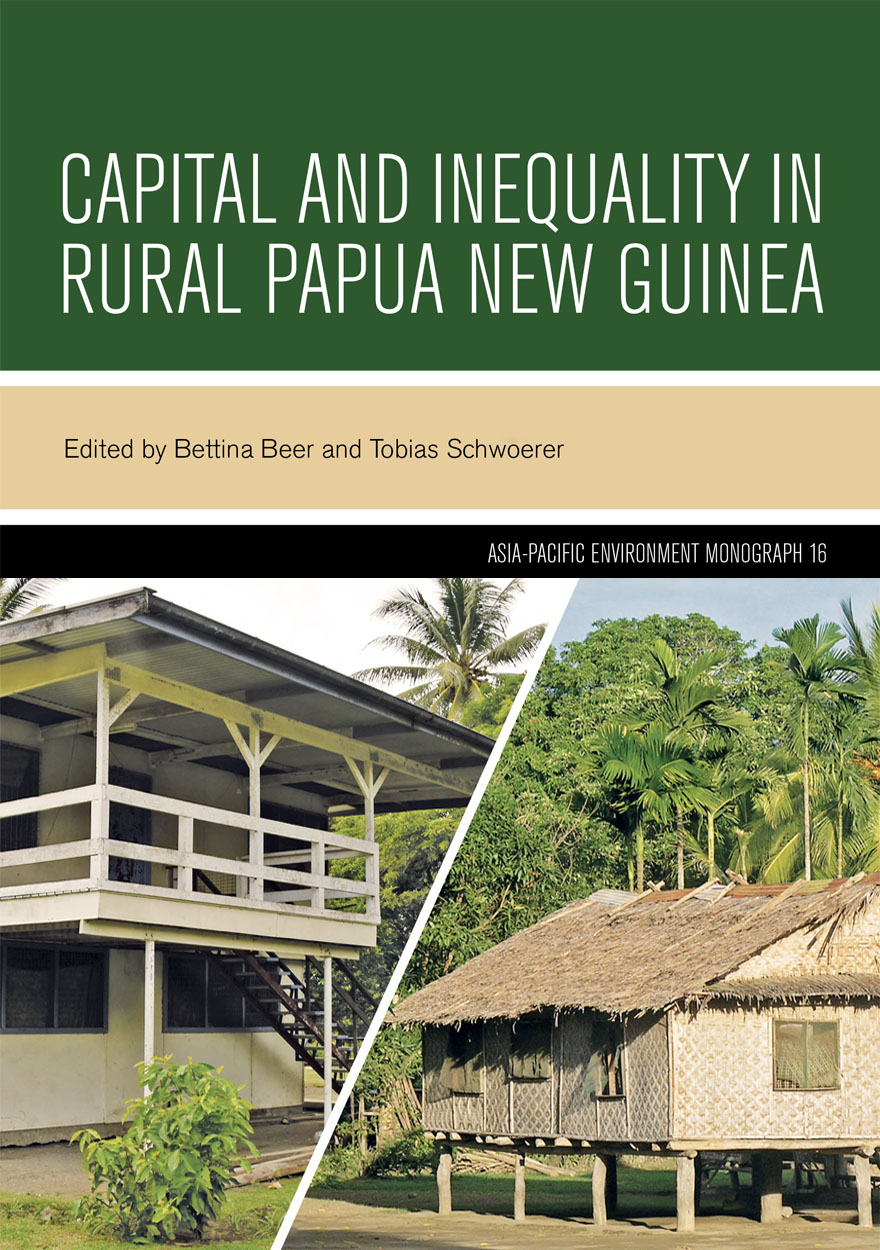Bettina Beer
Bettina Beer received her PhD in anthropology from the University of Hamburg and habilitated in 2001 with a project on ‘Body concepts, interethnic relations and theories of racism’. She has conducted long‑term fieldwork in the Philippines and PNG, and researched on cultural diversity in the German‑speaking Europe. She received a Heisenberg fellowship from the German Research Foundation and became professor of social and cultural anthropology at the University of Heidelberg in 2006. Since 2008 Bettina Beer has been professor of social and cultural anthropology at the University of Lucerne. She is co-editor of the journal Sociologus.

Capital and Inequality in Rural Papua New Guinea »




